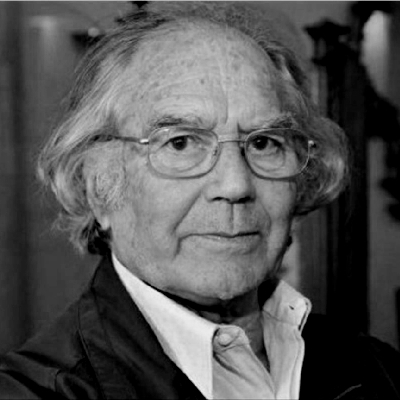Adolfo Pérez Esquivel

Adolfo Pérez Esquivel is an Argentine activist, community organizer, painter, writer and sculptor. After training as an architect and sculptor he was appointed Professor of Architecture. He was the recipient of the 1980 Nobel Peace Prize for his opposition to Argentina's last civil-military dictatorship (1976–1983), during which he was detained, tortured, and held without trial for 14 months; during that period he also received, among other distinctions, the Pope John XXIII Peace Memorial.
In 1976 he initiated an international campaign aimed at persuading the United Nations to establish a Human Rights Commission, and in this connection a document was drawn up recording breaches of human rights in Latin America. When systematic repression followed the March 1976 coup, which brought the dictatorship of General Jorge Videla to power, Pérez Esquivel contributed to the formation and financing of the linkages between popularly based organizations to defend human rights in Argentina and support the families of the victims of the Dirty War.
Pérez Esquivel was detained by the Brazilian Military Police in 1975. He was jailed in 1976 in Ecuador, along with Latin American and North American bishops. He was detained in Buenos Aires in 1977 by the Argentine Federal Police, tortured, and held without trial for 14 months; during that, he received, among other distinctions, the Pope John XXIII Peace Memorial.
𝗡𝗼𝗯𝗲𝗹 𝗣𝗲𝗮𝗰𝗲 𝗹𝗮𝘂𝗿𝗲𝗮𝘁𝗲 Adolfo Perez Esquivel asks world to save the life of Julian Assange, considering that his extradition to the US is a death sentence.

Adolfo Perez Esquivel has asked the world to raise its voice to save the life of WikiLeaks founder Julian Assange, considering that his extradition to the United States is a death sentence.
Imprisoned for 17 months in London (after six years in the Ecuadorian embassy in London), Assange is facing an open trial for disseminating thousands of secret documents of US diplomacy and the US military on Wikileaks, including several files that expose war crimes committed in Iraq and Afghanistan.
That is a death sentence, the Nobel Prize stressed after asking the world media and journalists with consciences to raise their voices because this endangers the freedom of information in the world.
[more]
